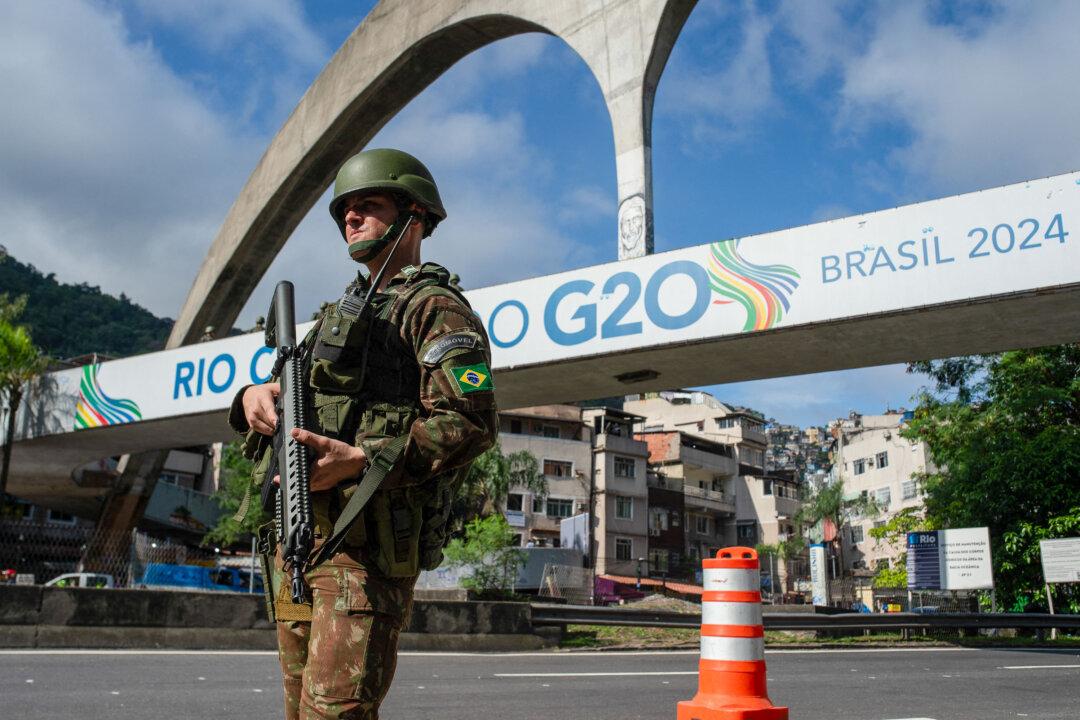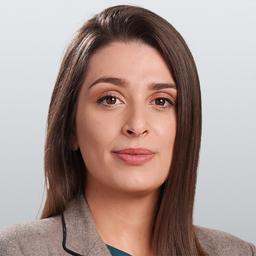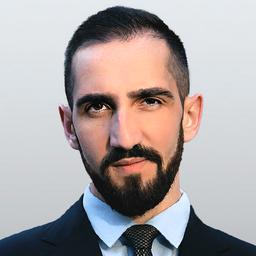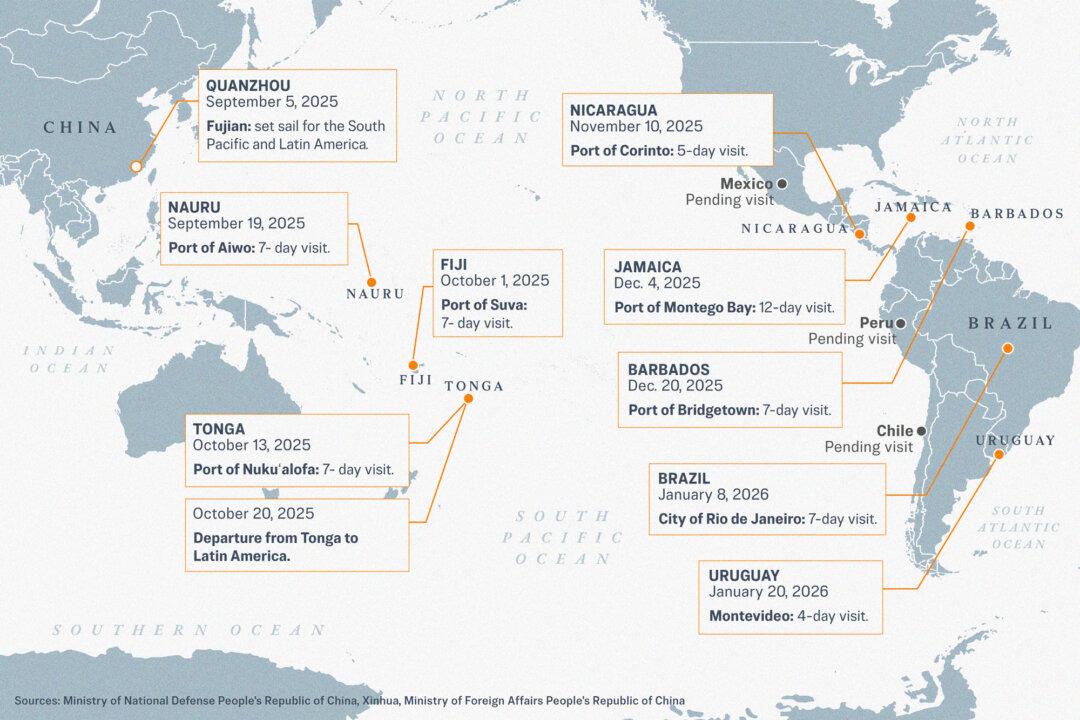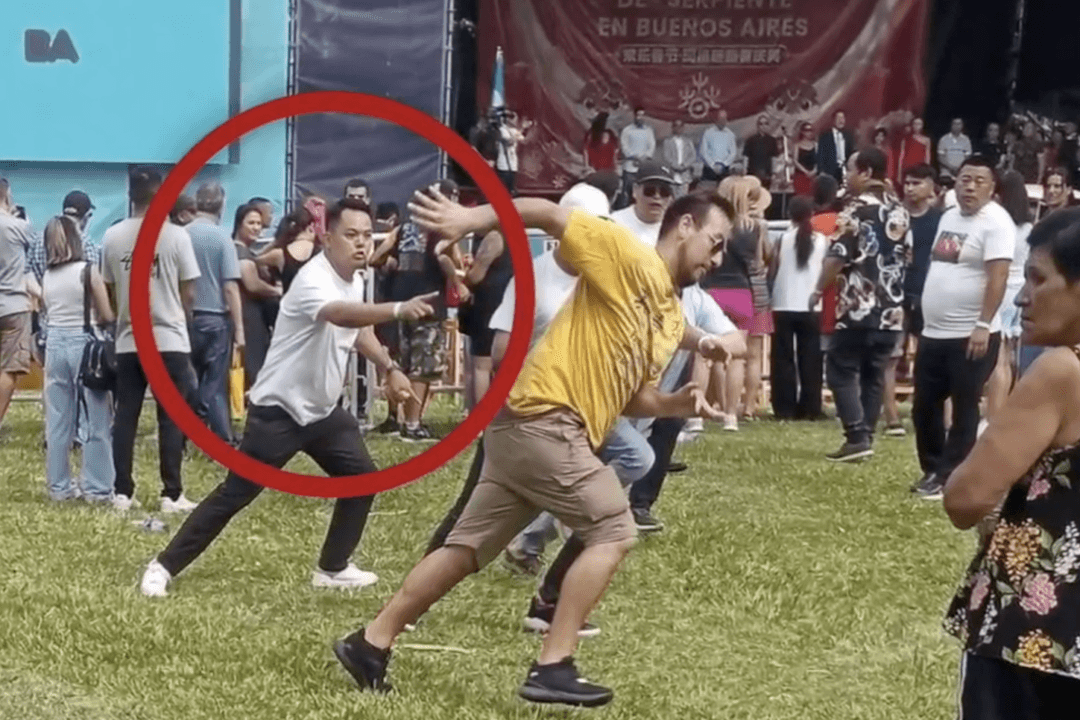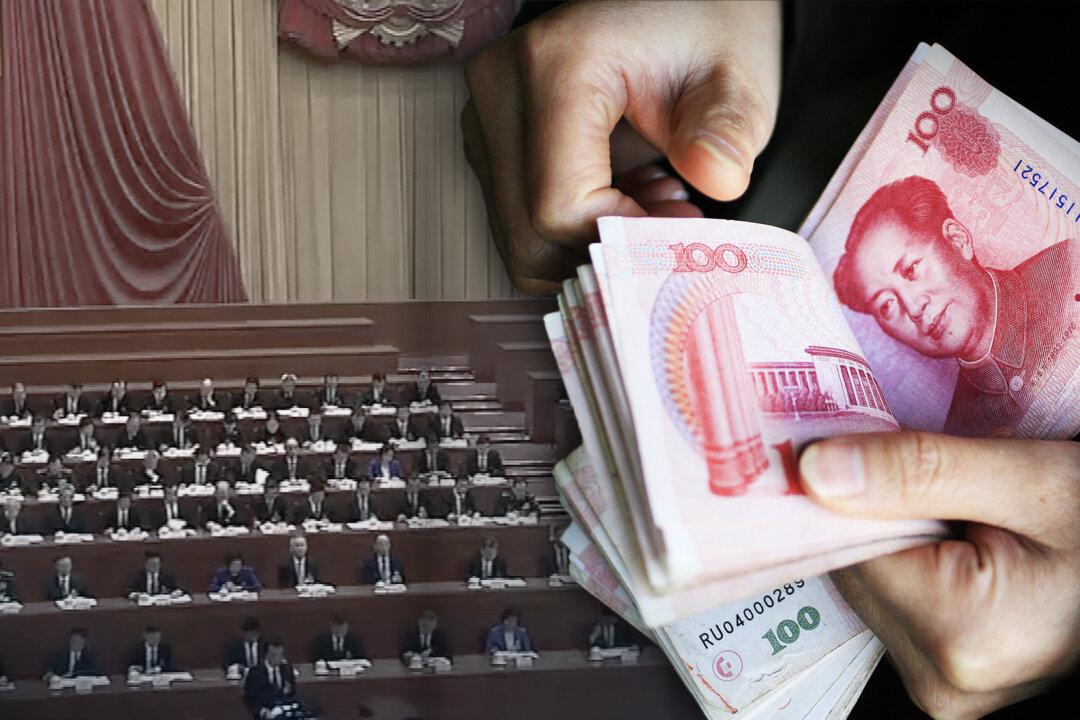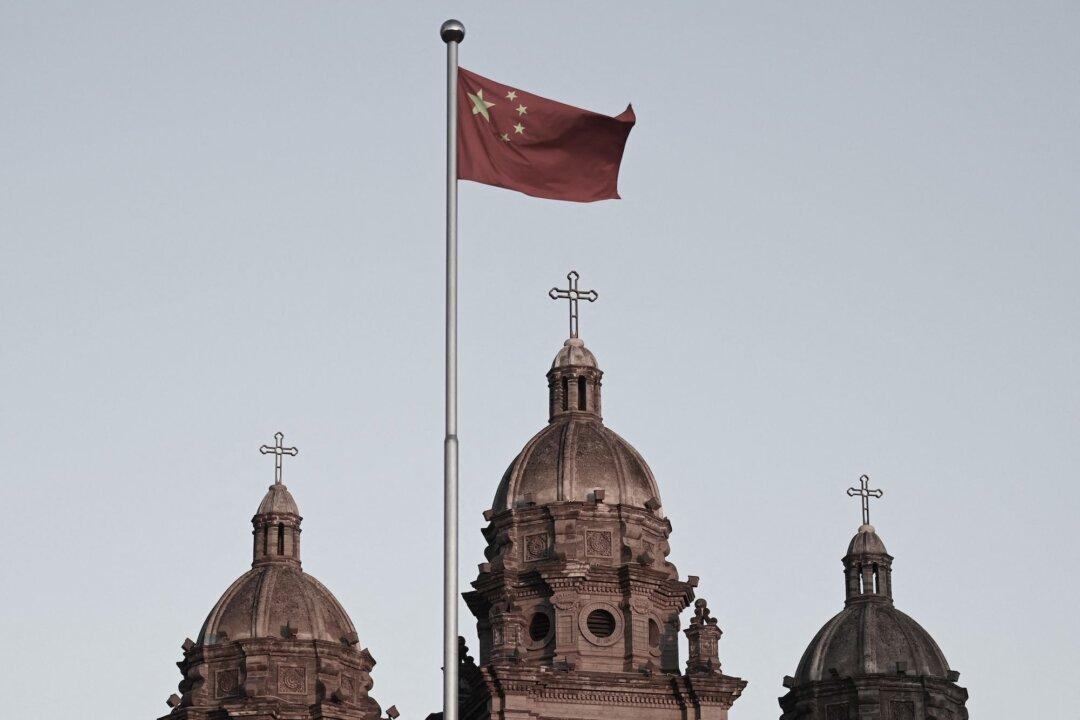RIO DE JANEIRO—World leaders, including U.S. President Joe Biden and Chinese leader Xi Jinping, have gathered in Rio de Janeiro for the annual G20 summit from Nov. 18 to Nov. 19.
The G20, whose members represent nearly two-thirds of the global population and about 85 percent of the world’s gross domestic product, is a group created in 1999 to address international economic issues. The first G20 summit was held in Washington in 2008 in response to the financial crisis. Subsequent meetings were held biannually in 2009 and 2010. They have been held annually since.
